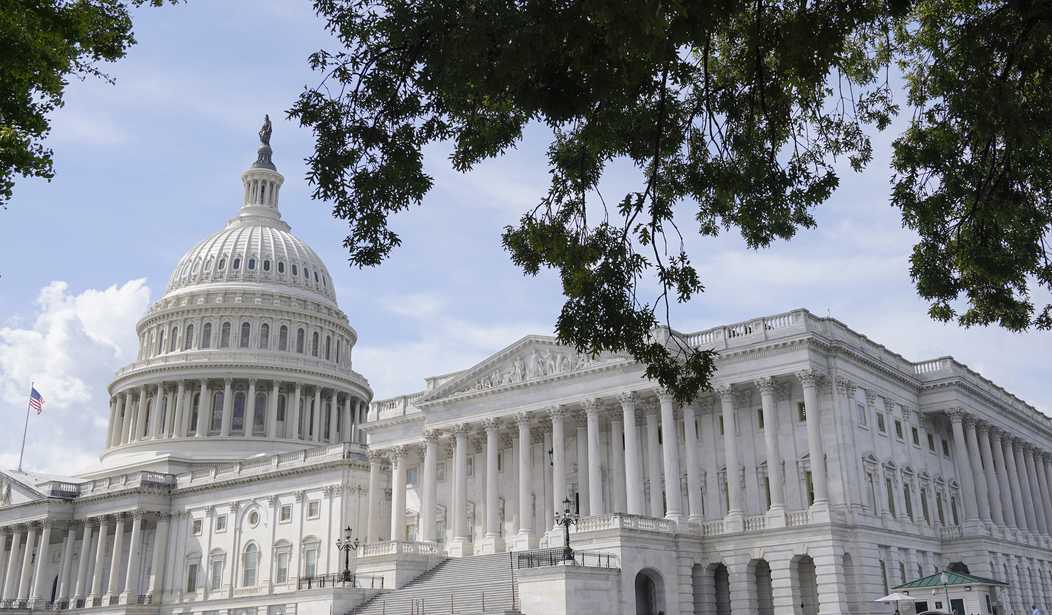The Senate Committee on Finance could soon consider legislation to weaken the de minimis law, a customs process that expedites and cuts cost on the importation of shipments valued at less than $800. Countless small businesses and consumers in the United States benefit from this law, whether they know it or not, and weakening de minimis, as proposed by the Chairman Ron Wyden (D-OR) and the Biden administration, would be devastating to not only our small businesses, but also our supply chains and our economy as a whole. Ranking Member Mike Crapo (R-ID) and other members of the Committee must be the voice of reason and vote no on this legislation.
Weakening de minimis would increase taxes and customs costs on importers and require small businesses to raise their prices, something neither businesses nor their customers can afford. Economists at the Mercatus Center estimate that restricting de minimis could add an extra $50 billion in costs to American consumers and businesses each year, further straining the economy.
The inflation problem in the United States is real and significant. Prices have surged in nearly every sector, from groceries to housing, and Americans are truly feeling the pinch. The last thing we need is well-meaning members introducing legislation that would lead to even higher prices through increased import costs. A National Bureau of Economic Research study shows this policy would act as a regressive tax, disproportionally harming consumers in the poorest zip codes. These are often the communities least able to absorb price increases, making this proposal harmful to the most vulnerable segments of our population.
Moreover, restricting de minimis would create serious logistical issues for U.S. Customs and Border Protection (CBP). Currently, the CBP processes millions of packages under the de minimis threshold that are screened and reviewed in a streamlined manner. Changing the law would force them to scrutinize every low-value package, assess tariffs, and complete additional paperwork, which would significantly slow down processing times. This would lead to major delays at entry points, adding to supply chain disruptions and increasing costs for importers and consumers alike.
Recommended
The complexity of managing such a shift, particularly without a simultaneous increase in funding, would strain CBP's ability to effectively maintain the flow of goods, especially considering their current staffing model already shows a deficit of nearly 6,000 officers. In fact, Oxford Economics released a new study reporting that weakening de minimis would cost the U.S. government billions yearly due to the significant increase in CBP officers needed to accommodate tariff collection on low value packages. Adding more strain to an already understaffed and overworked CBP is certainly not a solution — it is a recipe for delays and inefficiencies that would ripple throughout the economy.
While intended to reduce the amount of illicit goods, this legislation will not have any substantial impact on improving enforcement. For example, it won’t reduce the amount of fentanyl coming into the country. The CBP reports that 99 percent of fentanyl seizures occurred at the southern border, where de minimis shipments are not common. In fact, this policy change could ultimately increase enforcement challenges by shifting volume to the international mail environment, which is harder for CBP to enforce.
Should this well-intended de minimis change pass, the benefits simply do not outweigh the costs. Small businesses, especially those that depend on importing goods, would face higher costs and longer delays, forcing many to either raise prices or reduce their profit margins. This would be particularly damaging to the United States’ competitiveness on the global stage, as businesses struggle to maintain efficiency and affordability. In a world where we are constantly competing with economic superpowers like China, placing additional burdens on American businesses could significantly weaken our economic position.
The Senate Finance Committee must find common sense ways to deter bad actors and improve CBP enforcement across all entry types. Protecting our economy is not a partisan issue— it is an American issue. The de minimis law has been a valuable tool in supporting businesses, fostering competition, and keeping costs low for consumers. Any changes to this law should be carefully considered, to better equip CBP to handle enforcement challenges without inadvertently harming the U.S. economy, small businesses, and consumers.

























Join the conversation as a VIP Member